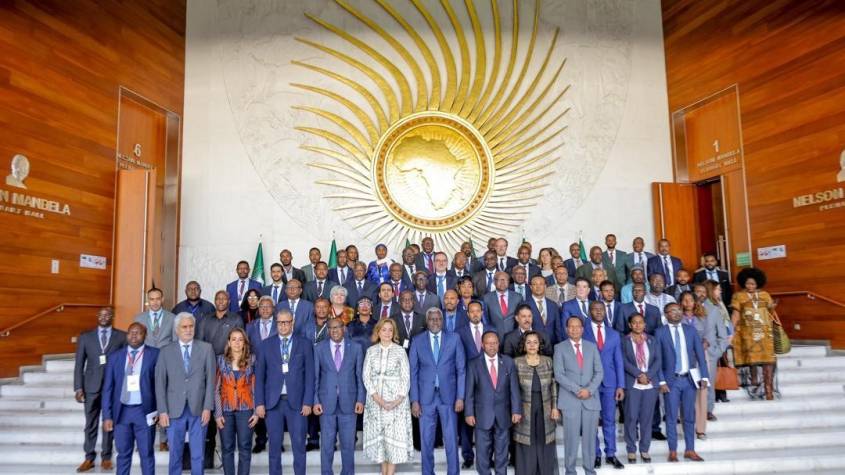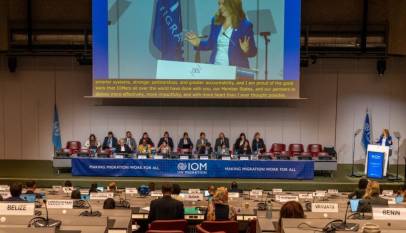AUDA-NEPAD Seeks to Expand Footprints Across Africa
In a move to enhance its impact across the continent, the African Union Development Agency (AUDA-NEPAD) is set to expand its operational footprint across the continent, says the Agency’s CEO Nardos Bekele-Thomas.

Ms Bakele-Thomas made this announcement during a press briefing at the just concluded 8th Programme for Infrastructure Development in Africa (PIDA) Week held November 25 – 29 in Addis Ababa, Ethiopia which, she said, underscores AUDA-NEPAD’s commitment to advancing Africa’s infrastructure and regional integration agenda, in line with the African Union’s Agenda 2063.
AUDA-NEPAD is the African Union’s agency mandated to implement its Agenda 2063, the continent’s 50-year development framework. Accordingly, the agency coordinates and executes priority regional and continental projects to promote regional integration toward the accelerated realization of Agenda 2063.
Nardos Bekele-Thomas, AUDA-NEPAD’s CEO also emphasized establishing dedicated development agencies in each member state. “These local entities will ensure that national development initiatives are aligned with national priorities and are free from undue political or external influences. You need your own development agency to insulate yourself from external influences,” said Bekele-Thomas.
In addition to its regional offices in Kenya, Nigeria, and Senegal, the AUDA-NEPAD CEO says the agency is now set to establish its presence in Congo to oversee its central Africa portfolios, signifying a strategic push toward regional balance.
As part of the expansion, AUDA-NEPAD aims to create a robust knowledge repository to facilitate the exchange of expertise among member states. “We have a wealth of knowledge, and each member country has a lot to offer. This initiative will enable countries to adopt best practices and achieve accelerated growth, leveraging shared insights and innovative approaches,” Bekele-Thomas said.
The agency’s enhanced presence aligns with its broader role of coordinating and implementing regional and continental development priorities, including the Programme for Infrastructure Development in Africa (PIDA).













